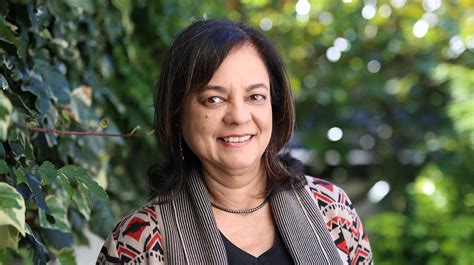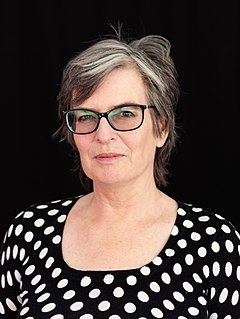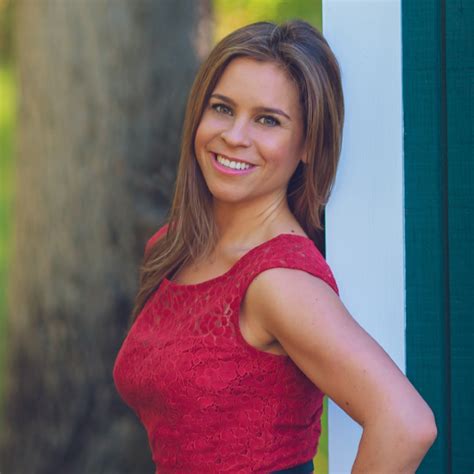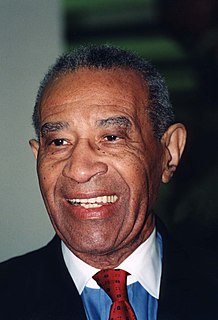A Quote by Germaine Greer
As soon as we find ourselves working at being indispensable, rigging up a pattern of vulnerability in our loved ones, we know that our love has taken the socially sanctioned form of egotism.
Related Quotes
Vulnerability is not weakness, and the uncertainty, risk, and emotional exposure we face every day are not optional. Our only choice is a question of engagement. Our willingness to own and engage with our vulnerability determines the depth of our courage and the clarity of our purpose; the level to which we protect ourselves from being vulnerable is a measure of our fear and disconnection.
When all of our idols are taken away, all our securities and defense mechanisms,
we find out who we really are. We’re so little, so poor, so emptyand a shock to ourselves. But the Biblical God takes away our shame,
and we are eventually able to present ourselves in an honest and humble form.
Then we find out who we really are and who God is for usand it is more than enough. That is how an enslaved people became God’s people, Israel.
If a building makes us light up, it is not because we see order; any row of file cabinets is ordered. What we recognize and love is the same kind of pattern we see in every face, the pattern of our own life form. The same principles apply to buildings that apply to mollusks, birds or trees. Architecture is the play of patterns derived from nature and ourselves.
God’s love sets us free from the need to seek approval. Knowing that we are loved by God, accepted by God, approved by God, and that we are new creations in Christ empowers us to reject self-rejection and embrace a healthy self-love. Being secure in God’s love for us, our love for Him, and our love for ourselves, prepares us to fulfill the second greatest commandment: To love our neighbor as ourselves.
We must become so alone, so utterly alone, that we withdraw into our innermost self. It is a way of bitter suffering. But then our solitude is overcome, we are no longer alone, for we find that our innermost self is the spirit, that it is God, the indivisible. And suddenly we find ourselves in the midst of the world, yet undisturbed by its multiplicity, for our innermost soul we know ourselves to be one with all being.
If we don't love ourselves, we would not love others. When someone tell you to love others first, and to love others more than ourselves; it is impossible. If you can't love yourselves, you can't love anybody else. Therefore we must gather up our great power so that we know in what ways we are good, what special abilities we have, what wisdom, what kind of talent we have, and how big our love is. When we can recognize our virtues, we can learn how to love others.
Love is never easy. We begin by loving the things we can, according to our stature, but it is not long before we find that what we love is other than ourselves and that our love is no protection against being wounded. Do we then speak to dominate what we love, to make it bend to our will, to stop it from hurting us even though to do so is to betray love? And that is only where the difficulty begins.
Instead of working for white man and helping him hold up a government that continues to suppress us socially and, and exploit us economically and oppress us politically, let us go and enter our own territory and use our own talents to uplift ourselves by our own bootstraps. And then he will recognize us for what we are.
Our higher needs include making full use of our gifts, finding and fulfilling our calling, being loved and cherished just for ourselves, and being in relationships that honor all of these. Such needs are fulfilled in an atmosphere of the five A’s by which love is shown: attention, acceptance, appreciation, affection, and allowing.
We may know ourselves, and yet even with all the efforts we make, we do not know ourselves. We know our fellowman, and yet we do not know him, because we are not a thing, and our fellowman is not a thing. The further we reach into the depths of our being, on someone else's being, the more the goal of knowledge eludes us.
The truth is that we won’t receive the support we need until we ask for it. Just because we can do it all doesn’t mean we should. And when we don’t speak up about our needs, we’re asking our loved ones to read our minds—and then we resent them when they fail our test. By not being open and honest about the support we need, we’re selling ourselves short and setting our relationships up for failure.





































